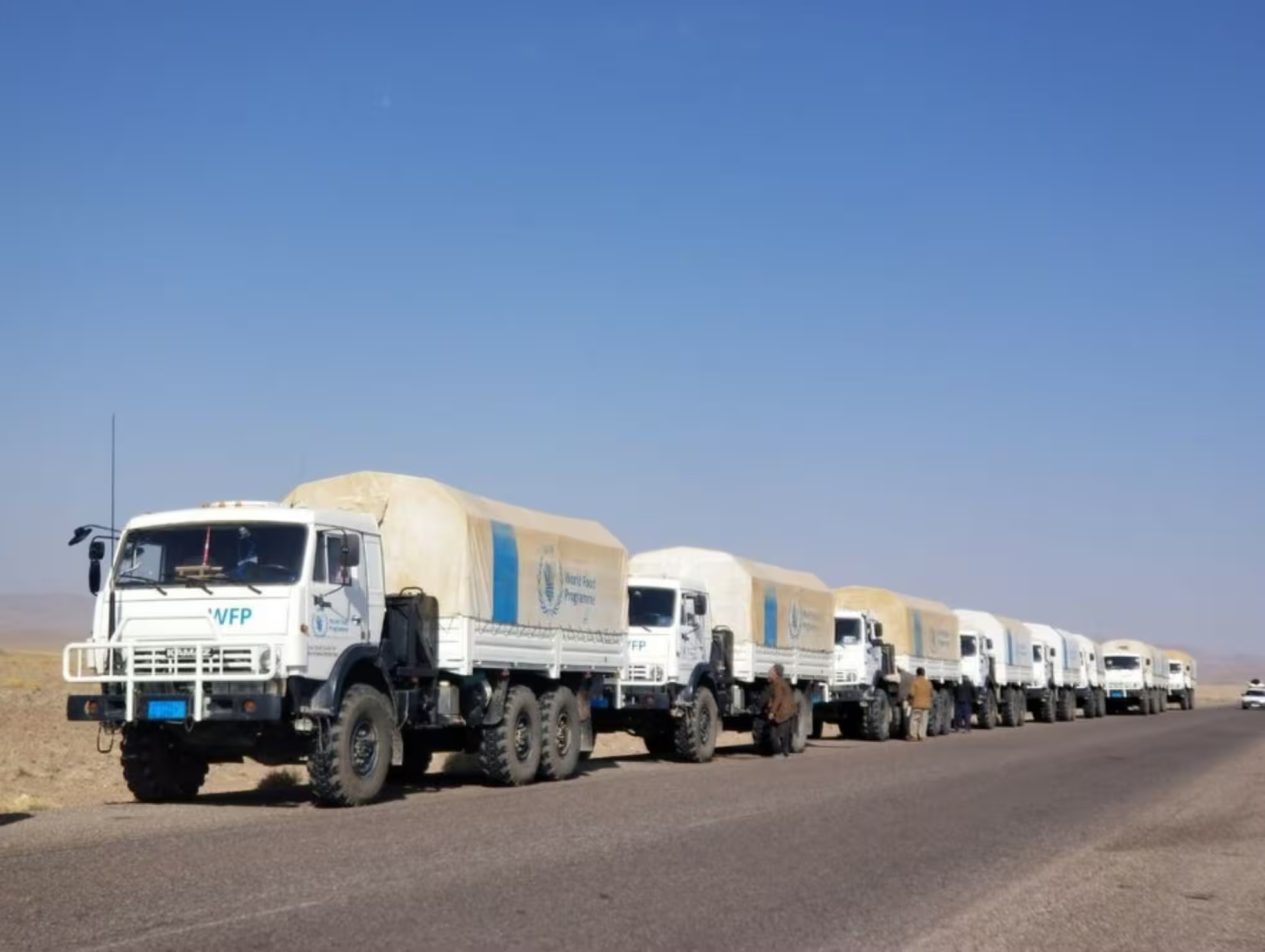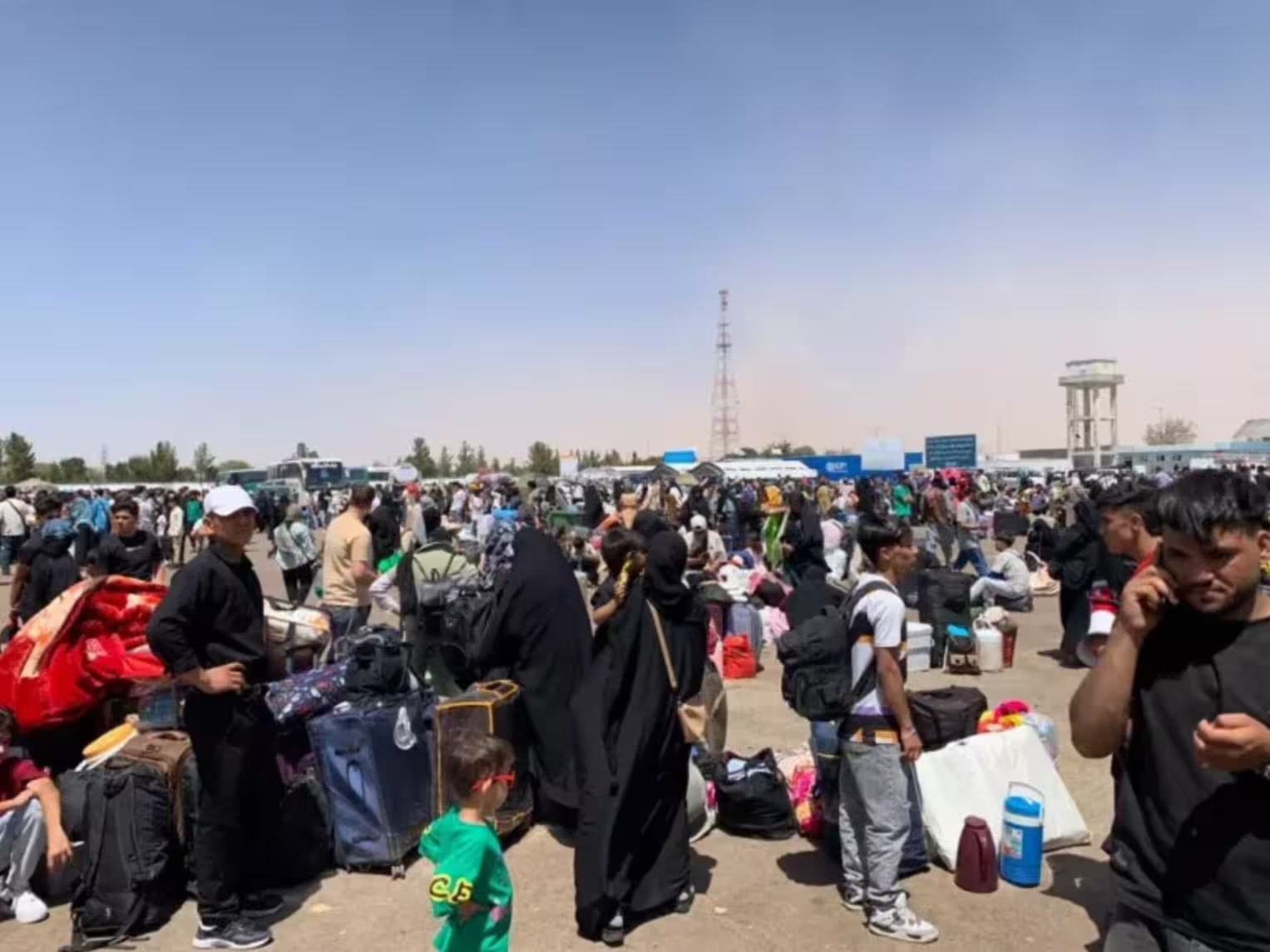The United Nations World Food Programme (WFP) has issued an urgent call for $539mn in funding to continue its life-saving operations in Afghanistan, as the country faces a deepening hunger crisis affecting millions.

“Afghanistan’s hunger crisis is growing deeper by the day. Women, children, and returnees are among the hardest hit. WFP urgently needs $539mn to continue reaching those who need us most over the next six months,” in a statement posted on X, the agency warned.
The appeal comes amid worsening food insecurity driven by prolonged drought, entrenched poverty, economic isolation, and the return of Afghan refugees from neighboring countries. WFP has cautioned that without immediate funding, it will be forced to cut back vital food assistance for the country’s most vulnerable communities.
Afghanistan remains one of the world’s largest humanitarian emergencies. The WFP, along with other aid agencies, has played a critical role in delivering food, nutrition, and emergency support across the country. However, aid operations have been under increasing strain as international support declines following the Taliban’s return to power and evolving donor priorities.
The Afghan Red Crescent Society (ARCS) also reported progress in reaching underserved populations, stating in its latest annual review that it had provided humanitarian aid to over 511,000 people in the past year. ARCS services included emergency relief, healthcare, and community outreach in remote regions where access remains a major challenge.
Despite these efforts, humanitarian groups warn that the needs far outweigh available resources. With winter approaching, the situation could deteriorate rapidly unless additional funding is secured.
As per UN estimates, more than 15mn people in Afghanistan are expected to face acute food insecurity in 2025, as rising prices, job losses, and climate shocks continue to batter livelihoods across the country.

Mass Returns Strain Afghan Services
Earlier in July, the UN Refugee Agency (UNHCR) issued an urgent appeal for international support as more than 1.4mn Afghans have returned or been forcibly returned to Afghanistan since the start of 2025.
Many returnees report facing pressure to leave, with increasing accounts of involuntary returns amid rising restrictions, harassment, and fear of deportation in host countries. Regional policies enforcing return deadlines have further worsened conditions for Afghans abroad.
Once back in Afghanistan, returnees encounter major challenges, including a lack of shelter, limited healthcare and education access, and scarce employment opportunities. The influx is straining local infrastructure in several provinces. Conditions are especially difficult for women and girls, who face severe restrictions on their freedoms and reduced access to essential services.
In July, thousands of Afghan families and children arrived daily at the Islam-Qala border crossing from Iran, urgently needing humanitarian aid as return numbers surged amid economic hardship and regional pressure.
Many arrive with little more than the clothes they wear, showing visible signs of exhaustion, fear, and hardship. Among them are thousands of children—many suffering from malnutrition, dehydration, or disease risks. The situation is particularly alarming as Afghanistan remains one of the few countries where polio is still endemic, raising serious concerns about the health of unvaccinated children.
Follow Daryo's official Instagram and Twitter pages to keep current on world news.
Comments (0)